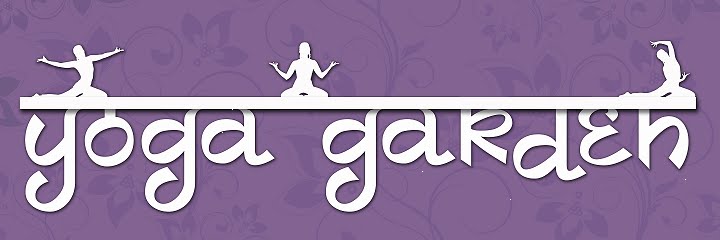Patanjali’s Yoga Sutras
Patanjali’s Yoga Sutras is a text that covers many aspects of life, beginning with a code of conduct and ending with the goal of yoga, a vision of one’s true Self. The Pantajali’sYoga Sutras is probably the most authoritative text on yoga. It defines yoga as a focusing of the attention to whatever object is being contemplated to the exclusion of all others. Yoga isn’t only about postures, or meditation, it is a way of life, or religion. In this influencing scripture there are eight steps to awakening or enlightenment through yoga. These eight astanga or limbs of yoga are: yamas, niyamas, asanas, pranayama, pratyahara, dharana, dhyana, and samadhi.
The yamas consist of lessons in moral and social conduct in our environment. It teaches us to restrain from lying, stealing, and greed. Non-violence and consideration toward all living things is the key. Communication with sensitivity towards others and moderation in all things we do is revered.
The niyama focuses on attitudes towards ourselves: compromising, cleanliness, serenity, devotion, and asceticism. One should study and reverence to a higher intelligence. There is an acceptance of our limitations in relation to God. It is key to have removed the impurities from the mind and body.
In the asanas, one focuses on posture practice, positioning the body while incorporating the breath to achieve a greater awareness in the mind. One is alert and relaxed without tension, while observing the reactions of the body and breath to various postures. This minimizes the effect of the external influences on the body, such as diet and climate.
Pranayama, or the restraint and control of the breath, helps with concentration, energizing and balancing of the mind and body.
Pratyahara is the relaxation of the senses, where no distractions actually activate the mind.
Dharana, or concentration, is the ability to direct the mind toward a chosen object and focus in on it alone.
Dhyana, or meditation, is the ability to develop focused interactions with what we seek to understand.
Lastly, but most importantly, Samadhi is the ultimate state of Self-realization, or union with the Source.















